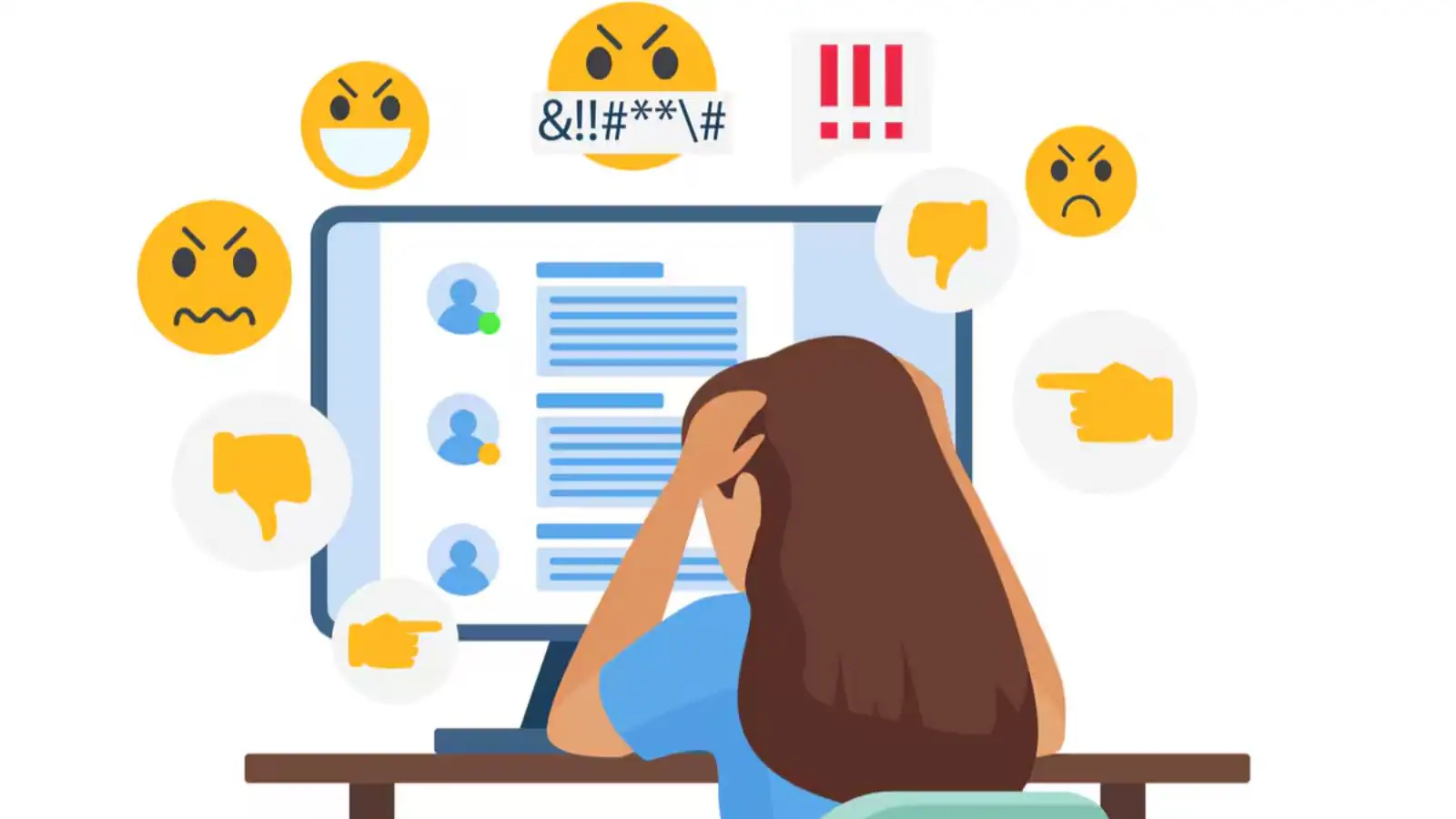By News18,Swati Chaturvedi
Copyright news18

Digital harassment, sextortion, identity theft, and cyberbullying are rising online threats that can seriously impact mental health, privacy, and safety. It is crucial to stay cautious and aware in today’s hyper-connected world. Here are some immediate steps and insights to help you understand and handle these issues effectively.
With rapid digital transformation, our personal and professional lives are more connected than ever through the internet and smartphones. While this brings convenience, it also increases the risk of online abuse. Cases of digital harassment, sextortion, identity theft, and cyberbullying are on the rise and demand timely attention. These are forms of online exploitation where technology is misused to harm, threaten, or manipulate others. Common causes include weak online security, lack of awareness, misuse of personal data, or malicious intent. The consequences can be severe, ranging from emotional trauma and financial loss to long-term mental health issues and reputational damage.
Kruti Sharma, Corporate Trainer, Leadership Coach, POSH & AML Expert, shares all you need to know:
Understanding These Rising Issues
Digital harassment involves repeated, unwanted online behavior such as threatening messages, stalking, or spreading rumors to distress someone. Often, it is motivated by revenge.
Sextortion occurs when private images or videos are used to blackmail victims for money or favours, an increasingly common threat.
Identity theft happens when someone steals personal details like Aadhaar, PAN, bank information, or social media credentials to commit fraud.
Cyberbullying refers to online trolling, bullying, or targeted harassment, which is most common among teenagers but also affects adults.
These problems often stem from oversharing online, weak passwords, phishing scams, fake profiles, or misplaced trust in strangers.
Consequences of These Threats
Victims often face stress, anxiety, depression, and social withdrawal. They may avoid gatherings, feel isolated, and struggle with anger or frustration. Financial losses from fraud or extortion can be devastating, while reputational damage may affect careers, education, and relationships. In severe cases, such abuse can even lead to self-harm or suicidal thoughts.
Essential Safety Tips
Protect your privacy: Avoid sharing personal information like phone numbers, addresses, or private photos online.
Secure your accounts: Keep OTPs, PINs, and passwords confidential. Enable two-factor authentication wherever possible.
Stay cautious on social media: Keep profiles private and avoid adding unknown people.
Report sextortion: If threatened, contact cybercrime authorities immediately instead of suffering in silence. Complaints can be filed at local cybercrime police stations or through the national cybercrime portal.
Seek support: Counseling can help victims process trauma, rebuild confidence, and heal emotionally.
Remaining vigilant, educating yourself about online threats, and using technology wisely are vital steps toward safe digital living. By standing up against online abuse and spreading awareness, we can create a safer internet for everyone.



